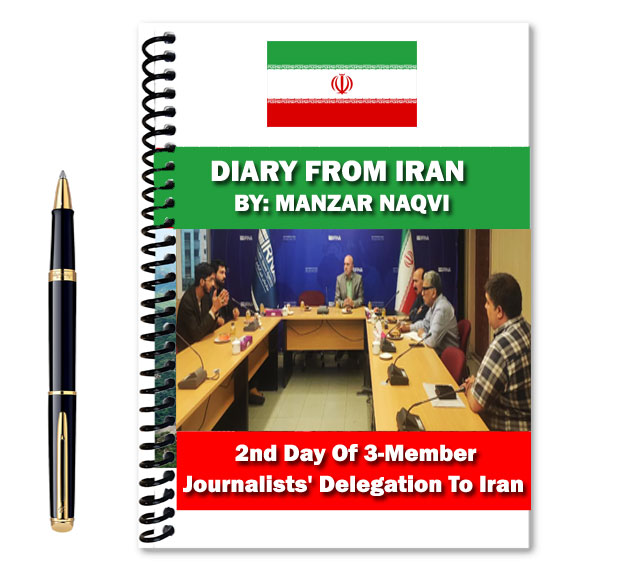Good evening His Excellency Mr. Yang Yundong, the Consulate General of China and the distinguished guests.
I have been visiting China regularly since 2005 as a business executive and have witnessed and experienced many changes in China, firsthand. It is my great pleasure and honor to briefly speak about the CPC and its impact on Chinese society & on the global stage.
The CPC is a political powerhouse. Founded in 1921 by Chairman Mao Zedong, the CPC has been in power since 1949 and is the longest-running ruling party in the world. Its main focus has been to bring equality, liberation, and social justice to the Chinese people.
Over the years, the CPC has faced many challenges, including internal power struggles, social movements, and economic reforms. However, it has emerged stronger and more resilient each time, gaining support from its general population as well as from highly educated professionals.
The CPC’s vast membership and organizational structure play a crucial role in its grip on power. With a membership of 98 million, it is the largest single political party in the world. The party’s centralized operations allow for efficient decision-making in a country as large and populous as China.
The CPC’s influence extends far beyond China’s borders. As a major player on the global stage, it has a significant impact on international relations and trade. While its methods may be debatable, there is no denying the CPC’s power and influence in shaping China’s past, present, and future.
The CPC’s governance model prioritizes meritocracy and adherence to party ideologies, empowering trained officials who have demonstrated their dedication to the party’s goals. This approach has fueled China’s rapid economic growth and global influence.
The party has embraced market-oriented reforms while maintaining its socialist characteristics, continually evolving to address the changing needs of the Chinese people. While the CPC has achieved success in combatting poverty, improving education, and expanding social welfare programs, it faces challenges such as balancing economic growth with environmental sustainability, managing social inequalities, combating corruption, and navigating geopolitical tensions. Despite these challenges, the CPC leadership is tackling these issues with determination and strategic planning under President Xi.
The CPC plays a significant role in various global initiatives, including the Belt & Road Initiative, BRICS, Shanghai Cooperation Organization, and New Development Bank. Overall, the CPC’s role in these initiatives reflects China’s commitment to regional and global cooperation.
The CPC’s influence in China cannot be overstated. It has played a central role in transforming China from an impoverished nation to the world’s second-largest economy. As China continues to forge its path in the 21st century, the CPC’s leadership and ideologies will undoubtedly shape its future trajectory.
The CPC & its role in transforming China




